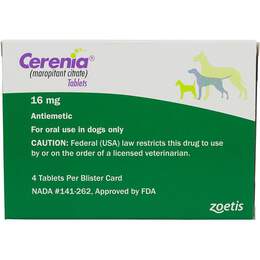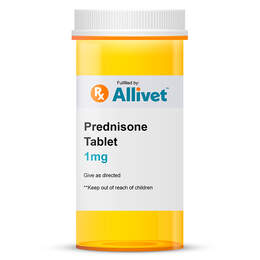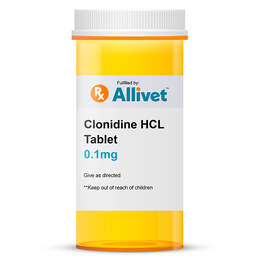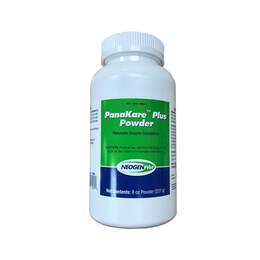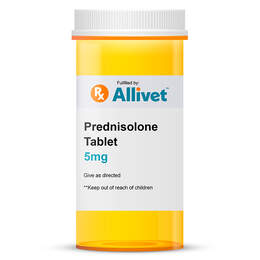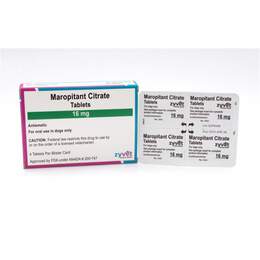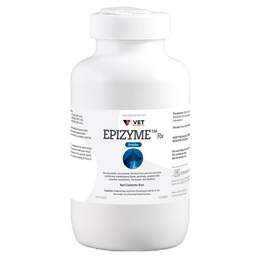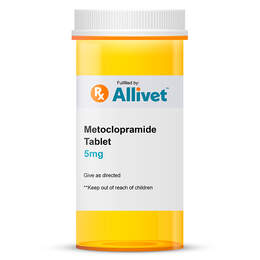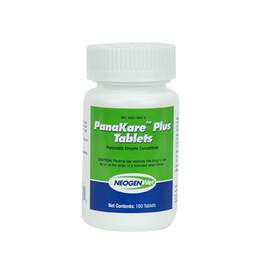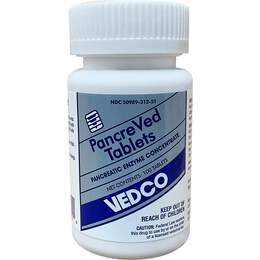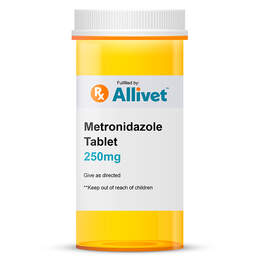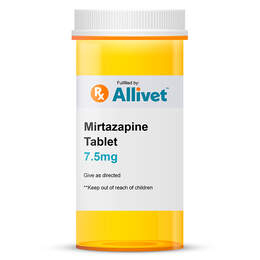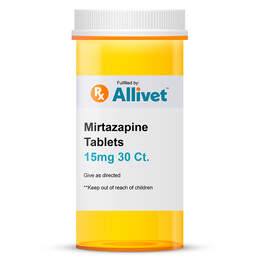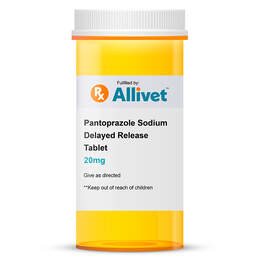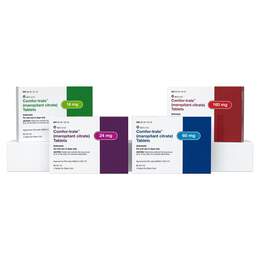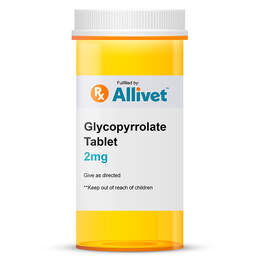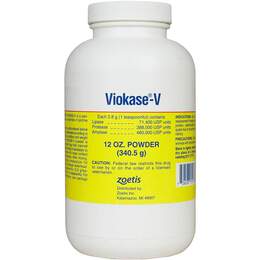Dog Digestive Medication
Pet parents know the sound: the hack, hack, hack of your beloved dog trying to throw up. Nothing gets you out of bed quicker or makes you move faster. All dogs have an upset stomach from time to time. And the good thing is, an upset stomach is usually not very serious and often resolves on its own over time. However, if your dog’s symptoms last more than 24 hours, schedule an appointment with your veterinarian as soon as possible. They will develop a treatment plan that includes stomach meds for dogs.
Although many dog digestive issues may seem similar, there are many different causes and underlying conditions that can lead to symptoms that range from diarrhea to vomiting. In fact, stomach issues are the most common reasons dogs are brought in to see their veterinarians.
Signs of Digestive Issues in Dogs
Below are the more common signs of digestive issues often seen in dogs:
- Diarrhea, with or without mucus or blood
- Vomiting
- Constipation
- Increased gas
- Fever
- Lack of appetite
- Losing weight
- Dehydration
- Abdominal pain (hunched, “praying” posture or yelping when being picked up)
- Distress/inability to get comfortable
- Abdominal enlargement/distension
A dog usually doesn’t have all these symptoms at the same time, if they have even one or two of them, it can be concerning.
When Should You Take Your Dog to the Veterinarian?
It is always a good idea to err on the side of caution when it comes to digestive upset or issues. Call your veterinarian or take your pet to an emergency veterinarian if your pet seems very ill and it is after hours.
However, it can be a challenge to tell if a stomach issue is serious or life-threatening. And, if left untreated for too long, even mild conditions can become more serious, and therefore more expensive and challenging. With that in mind, if your dog has any of the symptoms below, seek veterinary care immediately.
- Your pet suffers a chronic condition, is a puppy, or a senior
- Diarrhea or vomiting or diarrhea is bloody or severe
- Stomach upset AND dehydration, listlessness, or fever
- Abdominal pain
- Symptoms of bloat, especially in breeds prone to the condition
Causes of Gastrointestinal Issues in Dogs
Digestive problems can show up in many different ways, such as obvious symptoms (vomiting) or subtle behavior changes that can be difficult to detect. They can come on suddenly or be chronic. Below are the most common causes of digestive issues in dogs.
- Dietary indiscretion
- Stress Diarrhea
- Infectious disease (parvovirus in puppies)
- Inflammatory conditions
- Ingesting toxins (chocolate, coffee, onions)
- Bloat (common in large breeds)
- Pancreatitis
- Intestinal blockage
- Underlying conditions such as cancer
Diagnosis of Dog Stomach/Intestinal Problems
It’s important to differentiate between symptoms and a diagnosis. Diarrhea and vomiting are not diagnoses, they are symptoms that something is wrong. They are considered non-specific symptoms. This means they can be associated with several different issues rather than just one.
Because of this, finding out the cause of diarrhea and vomiting and diagnosing to provide the best possible treatment, including stomach medicine for dogs, can be complex.
Diagnosing stomach issues involves:
Event history
First, your veterinarian will ask you about your dog’s symptoms and if you can think of anything they may have been exposed to, such as raiding the garbage or eating a toxic plant. Provide as much detailed information as you can, including describing diarrhea or vomiting, since it can help your veterinarian diagnose your dog faster.
Physical exam
Your veterinarian will examine your dog. This includes feeling the abdomen, checking their temperature, heart, pulse, lungs, glands/lymph nodes, hydration, and more. This gives the veterinarian information about your dog’s overall health and offers clues during the diagnosing phase.
Diagnostic tests
After taking down details and examining your dog, the veterinarian will run some diagnostic tests. These tests offer information about what’s happening inside your dog’s body. Laboratory tests provide information about what’s going on inside a pet’s body. This often begins with basic tests and move on to more advanced ones if your pet doesn’t improve. If it is an emergency situation, your vet may run many tests at once to find the cause.
Your veterinarian will create a customized plan based on the most likely conditions your pup may have.
Treatment for Digestive Issues in Dogs
Once your veterinarian has determined the cause of your dog’s stomach issues, your veterinarian will treat the underlying cause, such as a dewormer if the cause is worms or surgery if the dog has an intestinal blockage.
Supportive care to relieve diarrhea or vomiting is also often needed to prevent complications such as dehydration and make your dog feel more comfortable.
Types of Stomach Medicine for Dogs
Examples of common supportive care treatments include:
- Anti-nausea medication, such as Cerenia for dogs
- Antacids and stomach/intestinal protectants
- Probiotics formulated for dogs
- Anti-diarrhea medicine
- Fluid therapy
- A bland diet
Treating Dog Stomach Issues at Home
If your dog is an adult who is generally healthy, acts like their normal self, and able to keep down food and water, and is only having mild digestive symptoms, it’s usually okay to try a few simple home treatments for a couple of days. Just be sure to schedule a veterinary visit if your pup gets worse, or if their symptoms don’t improve.
Try putting your pet go on a bland diet. Cooked sweet potatoes, rice, and chicken can help make loose stools firm.
- Always keep plenty of water available, so your pup can stay hydrated.
- Allow your dog to rest.
- Consider adding probiotics that are formulated for pets.
Certain conditions can’t be prevented. But fortunately, many of the most common causes of stomach issues in dogs are preventable. It may be tempting to try human medicine but never do so without advice from your veterinarian. Many of them are toxic to pets.
Because digestive issues are common in dogs, the majority of pets will have at a couple of episodes of upset stomach or diarrhea during their life. By taking precautions — and getting veterinary care early if your pup isn’t feeling well — you can keep your furry friend as healthy as possible.



